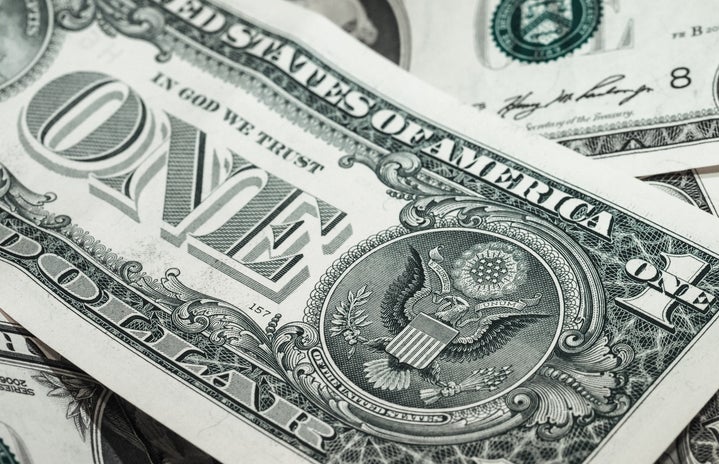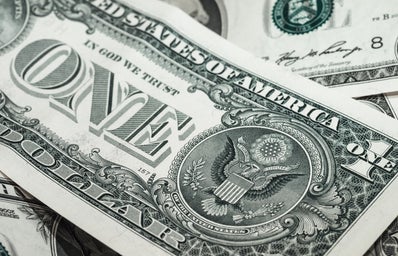By now, you’ve probably heard of the new music streaming app, Tidal, Jay-Z’s pet project. It apparently pays artists more royalties than many other music streaming apps. Artists including Beyoncé, Kanye West (although he later deleted his tweets of support) and Alicia Keys have gotten on board with this service, in hopes of influencing other artists to receive the profit they respectfully earned. Tidal has two subscription offers for its users: $9.99 a month for Tidal Premium and $19.99 a month for Tidal HIFI. However, earlier this week more controversy around a possible price increase surfaced, causing a collective audible sigh across the Internet. According to theverge.com, the iOS version of the Tidal app is charging $12.99 a month for Tidal Premium and $25.99 a month for Tidal HIFI. The extra cash is said to “make up for Apple’s subscription fees.” For those of us struggling collegiettes who can barely handle shoveling out $5 for Spotify premium every month (shoutout to Spotify for their student discount!), Tidal’s prices just don’t seem like an option. Yes—I do agree that artists should be paid for the music they produce and create. But at what point does wanting what you’ve earned turn into plain old greed?
One of Tidal’s slogans is “TIDAL for All,” but is it actually for all? It seems like another case of the rich getting richer to me. I believe the question Jay-Z should be asking himself is, “What are my customers really getting in return for $10 to $26 a month?” One of the advertised perks of Tidal’s HIFI subscription is its “lossless, high fidelity audio.” That sounds fine and dandy but one could simply buy headphones/earphones that do the same task and only pay once. If Tidal really is for its listeners, why is the cost of the service not catered to what its customers are actually willing to pay? Obviously, I’m not implying that these artists should be paid nothing for their work, but the tradeoffs involved could have been more beneficial on the customers’ part. Another question that should have been asked is, “Why would someone pay more for Tidal than Spotify?” Having access to exclusive songs that aren’t available on any other platform is pretty cool, sure. But is that worth extra cash every month?
Offering a service that’ll pay artists more is meaningful, but it doesn’t get to the real problem; that people have been illegally downloading music for years. We’re pretty sure having to pay extra for this app isn’t going to make them change their ways—in fact, it actually feels like those willing to pay extra for Tidal are the ones making up for the costs lost to those downloading illegally.
To combat all of the skeptcisim towards his new company Jay-Z recently took to Twitter to host his rant. Here’s an excerpt:
Of course, this was a big event in the world of Twitter since Jay-Z never tweets! Many awaited follow-up tweets from the queen of the #BeyHive herself, but that probably would have been a little too much for Twitter to handle for one day. The fact that Jay-Z even had to explain the purpose of his company already speaks volumes. Maybe he is right. Tidal isn’t a complete flop, but when compared to its competitors, the difference in sales is pretty significant.
If the main issue is the lack of royalties paid to music artists for their songs, then maybe Jay-Z should have started with addressing sites such as YouTube and Soundcloud, both of which don’t require any money directly from their listeners. But even though Tidal has some flaws it definitely needs to work out, the overall concept has the potential to be favorable for not only the artists but for the customers too.

